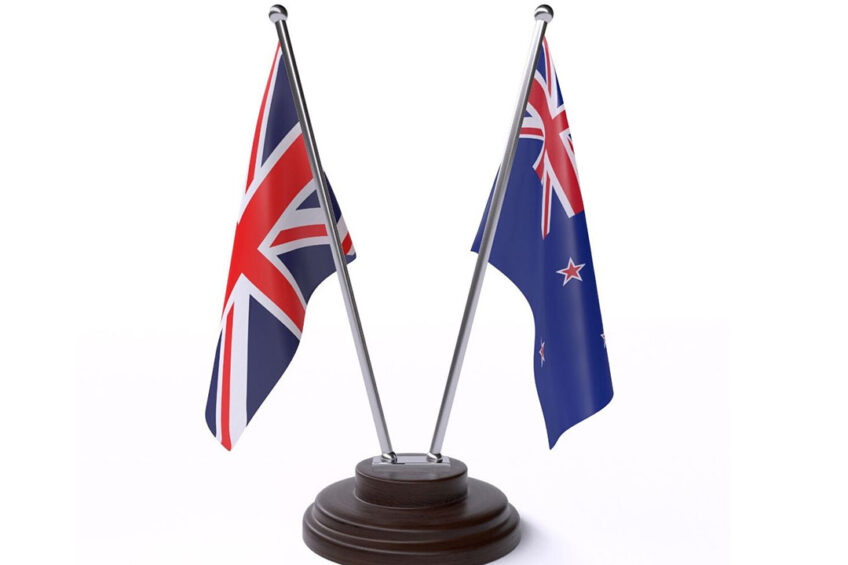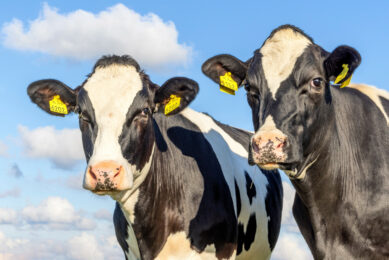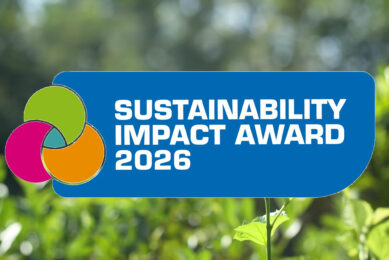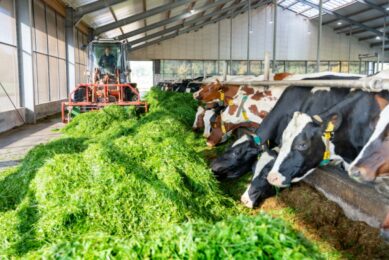Tariff-free dairy trade: New Zealand welcomes UK trade deal

An agreement that will lead to tariff-free dairy trade after 5 years has been welcomed by New Zealand, but British farmers remain unconvinced at the new post-Brexit trade deal.
The Dairy Companies Association of New Zealand (DCANZ) said the agreement provides new trade opportunities for New Zealand dairy exporters from day one. It follows an agreement in principle made last autumn.
The DCANZ has said that while the UK is the world’s second largest dairy import market, New Zealand exporters have had participation in this trade curtailed by serious tariff disadvantages compared with European Union competitors. Last year, New Zealand supplied less than 1% of UK dairy imports.
With tariffs for all dairy products discarded after 5 years, the organisation believes a level playing field will then be available.
New Zealand butter exporters will have a duty-free quota with a starting volume of 7,000 tonnes growing to 15,000 tonnes over the next 5 years. And cheese producers will have access to a tariff-free quota starting at 24,000 tonnes and rising to 48,000 tonnes over the same period.
Malcolm Bailey, DCANZ chairman, said: “We are pleased that the final ink has been applied to the high-quality agreement that was reached in principle with the UK last year. This is an outstanding outcome for a negotiation that has taken less than 2 years.”
Little benefit for British farmers
But NFU president, Minette Batters, said the deal had little benefit for British farmers, adding a more coherent approach was needed to bolster UK farming’s productivity.
“As expected, this deal takes the same approach as the UK-Australia deal in eliminating tariffs for agricultural products, meaning that even for sensitive sectors like beef and lamb, dairy and horticulture, in time there will be no limit to the amount of goods New Zealand can export to the UK.”
Katie White, WWF’s executive director of advocacy and campaigns, said that while the 2 governments had considered environmental impacts, the deal agreed followed the same blueprint as the UK-Australia deal in lowering tariffs to zero in key farming sectors.
“This opens the door to food produced in ways that harm nature and fuel the climate crisis, undermining the UK’s own transition to more sustainable farming.”
Sarah Baker, Agriculture and Horticulture Development Board (AHDB) strategic insight manager, said the next steps will require scrutiny of the agreement by the Trade and Agriculture Commission for a 3-month period, and then additional analysis by government and select committees, meaning it will be mid-2023 before the necessary legislation is likely to be in place ahead of ratification of the deal.
AHDB have been examining the potential impact with Harper Adams University using the same approach developed for the Australian Fair Trade Agreement analysis. Results are due later this year.
Join 13,000+ subscribers
Subscribe to our newsletter to stay updated about all the need-to-know content in the dairy sector, two times a week.










